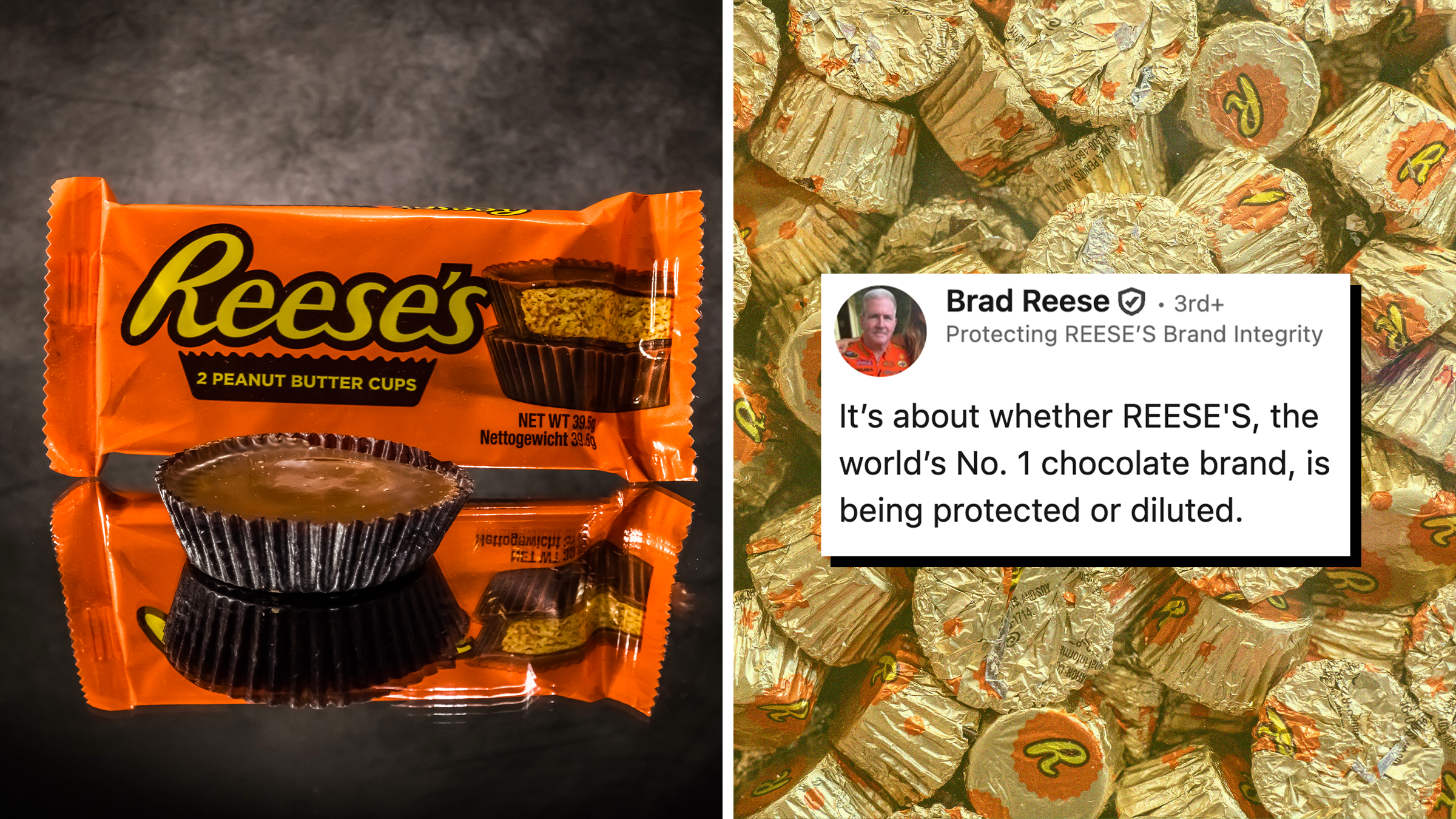Decoding Fandom is a weekly column that dives deep into the world of fan culture and runs on Wednesdays in the Daily Dot’s web_crawlr newsletter. If you want to get this column a day before we publish it, subscribe to web_crawlr, where you’ll get the daily scoop of internet culture delivered straight to your inbox.
Women’s basketball has been in the news more than usual lately, and there’s a good reason for that. Caitlin Clark, one of the most impressive players to come out of college basketball in recent memory, has captured the attention of sports fans everywhere.
Clark’s ascendancy brought a new wave of fans to women’s basketball and invigorated longtime supporters. She was the number one pick in last week’s WNBA draft, an event that was met with unprecedented excitement and discussion on social media. Fans cheered not only for Clark but for her talented contemporaries, who found professional homes of their own.
But the mood was not universally joyous, as Clark’s new salary began circulating on X. Diehard fans and casual spectators alike were outraged by the numbers ($76,535 for the first year), and expressed their frustration at the league.
Others noted that if everyone is really upset by this injustice, they should go out and buy tickets to WNBA games, putting their money where their mouth is. The haters also entered the chat at this point, suggesting that the salaries are so low because no one cares about women’s basketball.
A new era of WNBA fandom
These discussions illustrate the connection between fandom and capitalism. Taylor Swift is a billionaire because fans invest in her both emotionally and monetarily (indeed, the two go hand in hand). The WNBA needs not just viewers, but a dedicated fandom to become more profitable. To be sure, the league already has passionate fans, but it appears we might be entering a new era of WNBA fandom.
Fandom doesn’t just emerge because of talent or pure entertainment value—there needs to be a little something extra. One X user suggested fans should follow the players like they do the Kardashians, making them rich by supporting their products and endorsement deals. Another user argued that the WNBA needs more drama and personal intrigue to generate a dedicated fan base. The general consensus here is that players must become celebrities in order to achieve monetary success.
Caitlin Clark certainly has star power, and her rise to fame has been rapid. Her jerseys sold out in nearly every size just an hour after the draft was announced. Tim McGraw counts himself as a fan and wore her jersey on stage. Variety reports that Clark alone has generated significantly more viewers for women’s basketball and even other women’s sports too. Clark’s on-court rival, Angel Reese, is a fan favorite as well. “Angel Reese is the full package and brings the engagement,” one fan wrote on X.
The players’ glamorous red carpet looks at this year’s draft helped cement their celebrity status. As WNBA player Sydney Colson wrote, “It’s super emotional to see these WNBA draftees no longer have to wear business casual clothing at the draft.” Caitlin Clark became the first basketball player to wear Prada for a draft, and the rest of her cohort, including Angel Reese, were equally fancy. Fashion has become increasingly important to sports fans in recent years, as it’s an arena where players can express themselves and fans can celebrate their faves for something other than athletic achievement.
Fandom does have a place in the equal pay conversation. The most famous example of this was in 2019, when thousands of fans in the stands chanted “equal pay” after the USWNT won the World Cup. It was a combination of undeniable talent, organizing behind the scenes, and fan support that put these women on the path to financial equity. Can WNBA fans generate this kind of momentum?
Why it matters
WNBA fans are used to putting their time, money, and aspirations into a league that’s never gotten the respect it deserves. With this recent WNBA draft, we’re beginning to see an even bigger disparity between fan engagement and industry support.
As new fans discover all that the league has to offer—from incredible playing to political activism to on-court romance—the powers that be would be wise to level up their investments.
The internet is chaotic—but we’ll break it down for you in one daily email. Sign up for the Daily Dot’s web_crawlr newsletter here to get the best (and worst) of the internet straight into your inbox.






